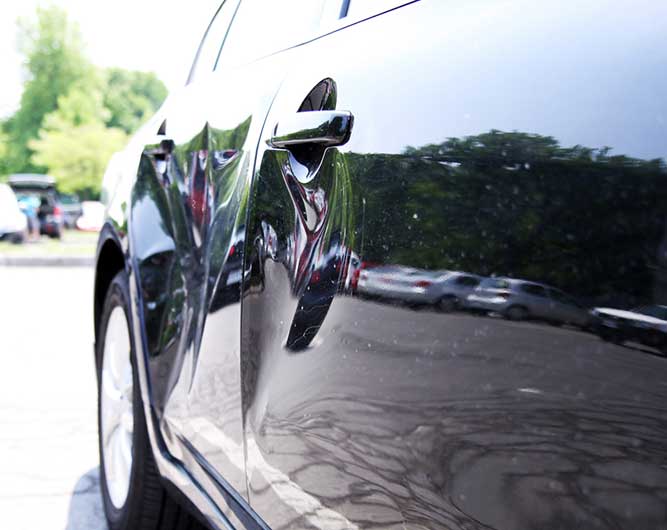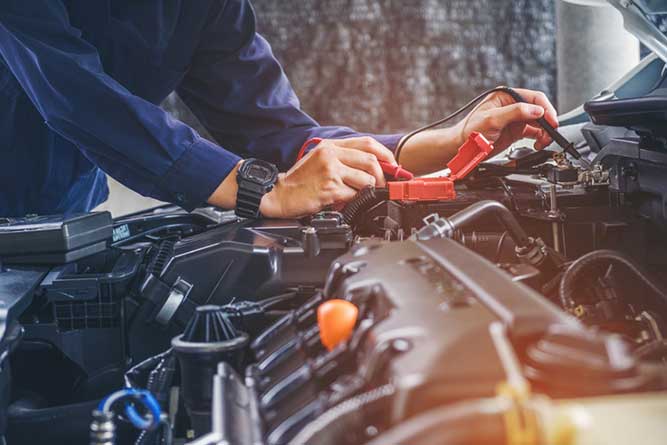Car accidents can suddenly and unexpectedly create a strain on both your life and your finances. You may have injuries or property damage after the crash which may cause additional stress while trying to figure out how to recover. Fortunately, you have several options for getting the compensation you need for repairs after a car accident.
Although the specific way you are able to recover compensation for repairs will vary depending on the circumstances of your situation, the law provides methods for getting what you need. However, you will likely need to work with an experienced Las Vegas car accident attorney to determine the best way to recover the maximum compensation available. Here’s how to get compensation for repairs after a car accident.
GET YOUR FREE CAR ACCIDENT CONSULTATION
NO FEES UNLESS WE WIN!
Four Ways to Cover the Damages
When you have vehicle damage because of a car accident, there are four ways you might cover the cost of repairs:
- The other driver’s insurance pays you for the cost of repairs
- The other driver pays you directly for the cost of repairs
- Your own insurance pays you for the cost of repairs
- You pay for your own repairs

Who Should Pay for My Vehicle Damages?
Nevada is an at-fault state for vehicle accidents. Typically, the person who causes the accident pays for the damage. They might pay you directly, or their insurance might pay you.
If they don’t have insurance or if they don’t have enough insurance, they’re on the hook to pay you out of their own pocket. If they can’t do that, you may still have some options to get compensation for repairs after a car accident.
What Are My Options for Settling the Case?
You might resolve your case in any of the following ways:
- Get your vehicle repaired and then have the at-fault driver or their insurance company pay you back
- Settle the entire case and then get your repairs done
- Settle just the property damages part of the case and talk about medical bills and other damages later
- Come to an agreement with the other driver directly
Collision Coverage and Subrogation
You may have insurance that covers your repairs regardless of fault. Insurance that pays you for repairs even when you cause an accident is called collision coverage. If the other driver doesn’t have insurance or even if they do, when you have collision coverage, it should pay you directly for your losses.
Your insurance company might try to have the other driver’s insurer pay them back. If you receive compensation from your own insurance, and the other driver’s insurance pays them back, it’s called insurance subrogation.
Don’t Forget Your Deductible

Remember that you probably have a deductible that applies to the case. If your deductible is $500, that’s how much you have to cover out of your own pocket before your insurance kicks in. If the other driver is responsible for causing the accident, they should cover the cost of your deductible.
How Do I Prove What My Property Damages Are?
To prove your property damages, you need to show both what the damages are and how the accident occurred. In many cases, your insurance adjuster can help you find an auto body shop, or you can use one that you choose. The auto body shop can look at your damages and prepare an estimate for repairs.
How Does the Insurance Company Evaluate My Case?
The insurance company looks at the repair estimate as well as evidence of how the crash occurred. They might look at photos of your vehicle damages and the accident scene.
They might consider the weather, the pace and flow of traffic at the time of the crash, the direction of travel of the parties, and anything out of the ordinary that may have played a role in how the accident occurred.
After their investigation, your insurance adjuster will take one of four actions:
- Pay you what you’re asking for to fix your vehicle
- Pay you a different amount
- Refuse to pay you at all
- Declare the car totaled and compensate you for its value
What If I Disagree with Their Decision?
If you disagree with your insurance adjuster’s decision, you have some options. You can continue to negotiate with the adjuster and ask them to reach a different conclusion. You may gather additional evidence of your damages and write a demand letter stating what you’re asking for and why. You may also show the insurance adjuster how the other side is responsible for causing the accident.
If you disagree with the insurance adjuster’s decision, you may bring a formal lawsuit for the value of your claim. You may bring a claim against your own insurer or the other party’s insurer. A skilled car accident attorney can help you weigh each possible course of action to determine what’s appropriate in your case.
What Happens If My Vehicle Is Totaled?
When you submit your claim for compensation, the insurance adjuster might decide that your vehicle is totaled. That means it would cost more than 65 percent of the market value of the car to have it repaired. If the adjuster declares that it’s a total loss, they’ll pay you the fair market value of the vehicle.
Remember that the fair market value of the vehicle isn’t the cost to replace the vehicle or the value of the vehicle when you bought it. Instead, it’s only what the value of the vehicle is on the market at the time of the crash. If you disagree with the adjuster’s decision, you can negotiate or bring a formal claim.
How Can an Attorney Help?
When you’re working on getting compensation for vehicle damage after an accident, an experienced auto accident attorney can help make sure you receive the compensation that you deserve under Nevada law. They can help you prepare the case for why the other side is at fault.
They review the insurance policies that may impact your claim and determine what you deserve under the law. The Las Vegas and Henderson car accident attorneys at Adam S. Kutner, Injury Attorneys can help you evaluate any offers, prepare evidence, and ensure that you receive the maximum value for your claim.
Areas We Service in Las Vegas, Nevada
Henderson | Anthem | Summerlin | Paradise | Summerlin North | Summerlin South | Sunrise Manor | Nellis AFB | Desert Shores | Downtown South | Charleston | Richfield | Crestwood | Angel Park Ranch | Queensridge | Casa Grande Pines | Winchester |













